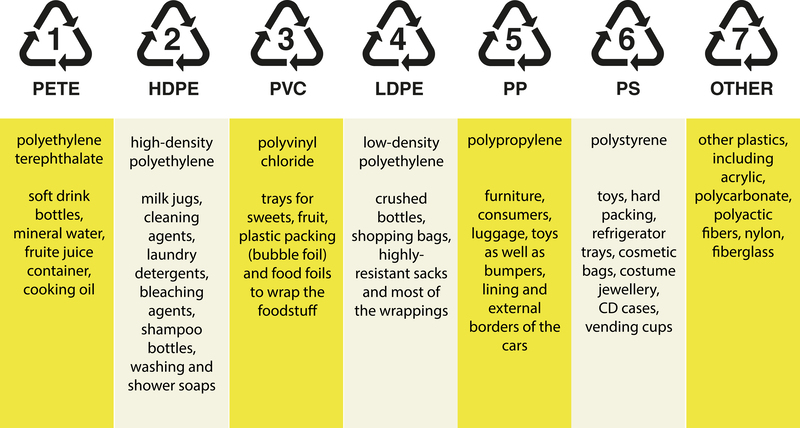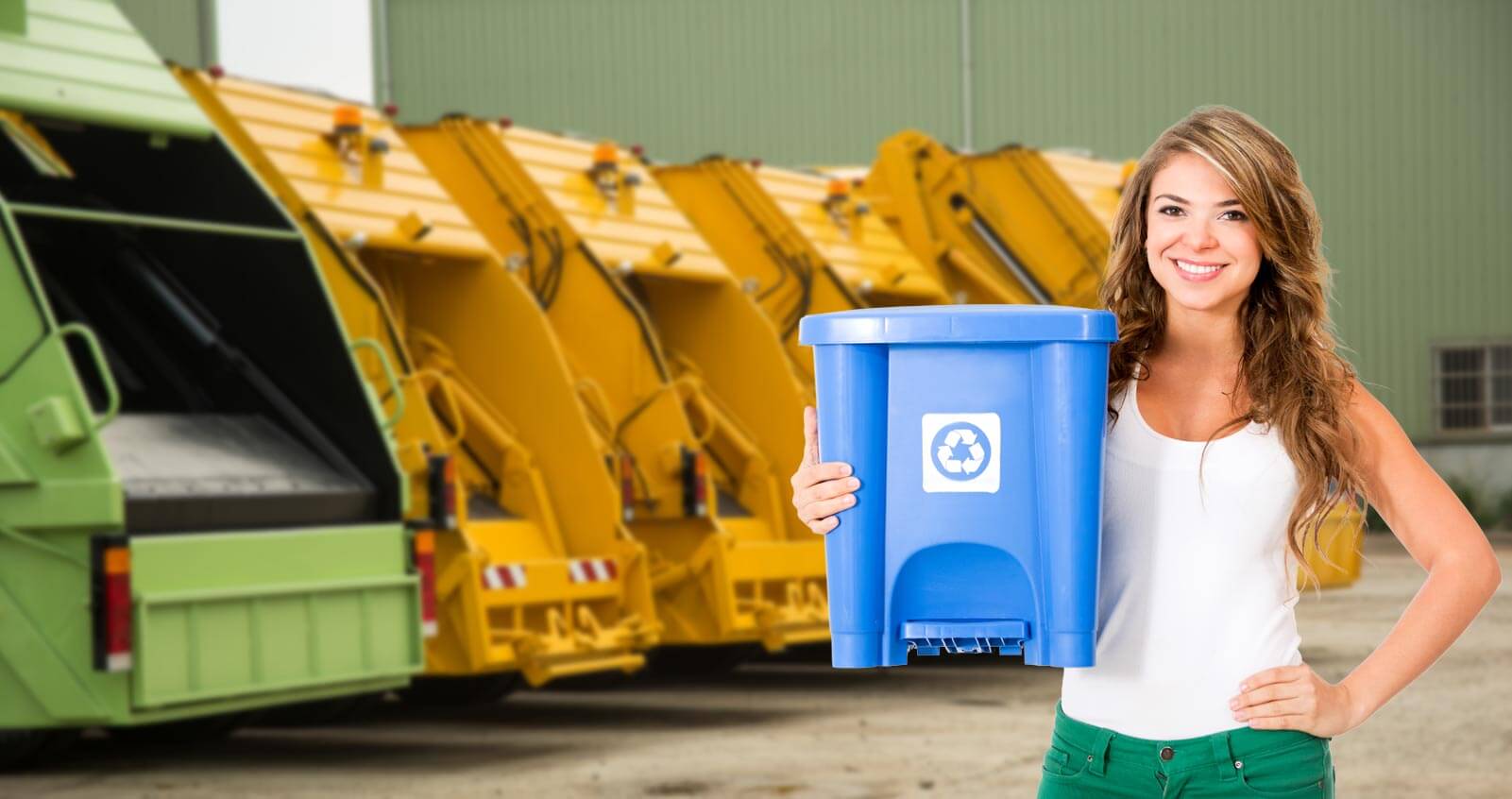Clean TV Disposal
Posted on 13/07/2024
The rapid advancement of technology means that televisions are becoming outdated alarmingly fast. If you have an old or broken TV, simply tossing it in the trash is not an environmentally friendly option. Clean TV disposal entails getting rid of your device in ways that are safe for the environment and compliant with local regulations. This article delves into various methods, tips, pros and cons of clean TV disposal.
Why Clean TV Disposal is Important
The need for clean TV disposal stems from the hazardous materials found in electronic devices. Televisions, particularly older models, contain components like lead, mercury, cadmium, and other toxic substances. When these materials end up in landfills, they can leach into the soil and water supply, posing severe risks to human health and the environment.
Moreover, electronic waste (e-waste) is a growing problem globally. According to the Global E-Waste Monitor, approximately 53.6 million metric tonnes of e-waste were generated worldwide in 2019. Proper disposal and recycling of TVs and other electronic devices can significantly reduce this volume.

Methods of Clean TV Disposal
1. Recycling Centers
Recycling centers are dedicated to properly handling electronic waste. These facilities adhere to stringent regulations to ensure that hazardous materials in your old TV are treated appropriately. You can locate a certified e-waste recycling center near you by searching online or contacting your local waste management agency.
2. Manufacturer Take-Back Programs
Many television manufacturers have take-back programs designed for clean disposal and recycling of their products. Brands like Sony, Samsung, and LG often provide these services free of charge. This option ensures that the TV is processed according to the manufacturer's specifications, maximizing the recycling of components and materials.
3. Retailer Drop-Offs
Some retailers offer drop-off points for electronic waste, including televisions. Stores such as Best Buy, Staples, and Home Depot often provide these services. They are convenient and usually free, making them an excellent choice for those looking to dispose of their TVs responsibly.
4. Donation
If your TV is still functional but outdated, consider donating it to a charity or nonprofit organization. Schools, shelters, and community centers may have use for old televisions. It's a way to ensure the device serves another purpose rather than ending up in a landfill.
5. Professional E-Waste Disposal Services
There are professional companies dedicated to collecting and disposing of electronic waste. They offer pick-up services for a fee, ensuring that your TV is disposed of safely. This method is particularly useful for those with bulky or numerous devices to dispose of.
Tips for Clean TV Disposal
- Check Local Regulations: Before disposing of your TV, review your local regulations concerning e-waste. Some states have laws requiring specific disposal methods.
- Erase Personal Data: If your TV is a smart device, ensure that you delete all personal data from it before disposal.
- Research Options: Evaluate multiple disposal methods to find the one that aligns best with your convenience and environmental responsibility.
Pros and Cons of Clean TV Disposal
Pros:
- Environmental Protection: Prevents leakage of hazardous substances into the environment.
- Resource Recovery: Allows for the recycling of valuable materials like metals and plastics.
- Legal Compliance: Adhering to local disposal laws avoids potential fines.
- Social Benefits: Donating functional TVs can be a boon for charities and community centers.
Cons:
- Inconvenience: Some methods require effort and time, such as taking your TV to a recycling center.
- Cost: Professional disposal services may charge a fee.
- Limited Accessibility: Not all areas have easy access to recycling centers or retailer drop-off points.

Takeaways
Clean TV disposal is crucial for protecting the environment and human health. It can involve several methods such as recycling centers, manufacturer take-back programs, retailer drop-offs, donations, and professional e-waste disposal services. Each method has its pros and cons, so it's essential to choose the one that best fits your needs and local regulations.
Conclusion
Properly disposing of your old or broken TV is more than just a good practice; it is an environmental responsibility. By utilizing recycling centers, take-back programs, retailer drop-offs, and donation options, you can help mitigate the harmful effects of e-waste. Understanding the pros and cons of each disposal method can aid in making an informed decision. Ensure you follow local regulations and take necessary steps to protect your personal data before disposal. Clean TV disposal is not just about getting rid of an outdated device--it's about contributing to a sustainable future.




